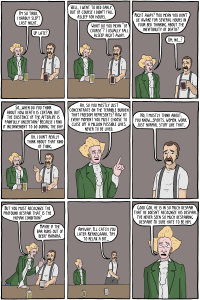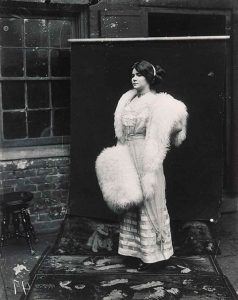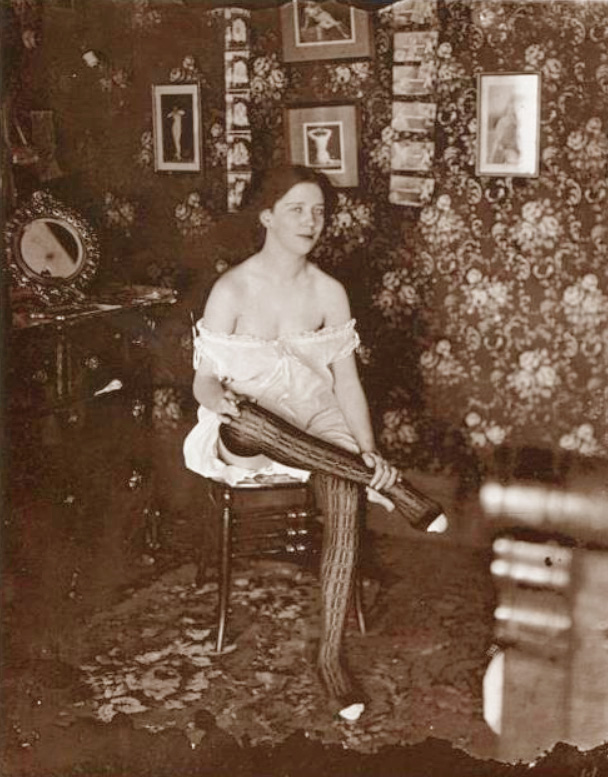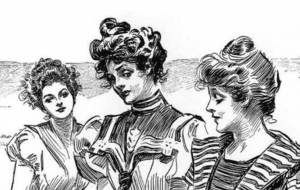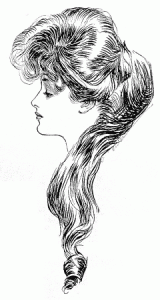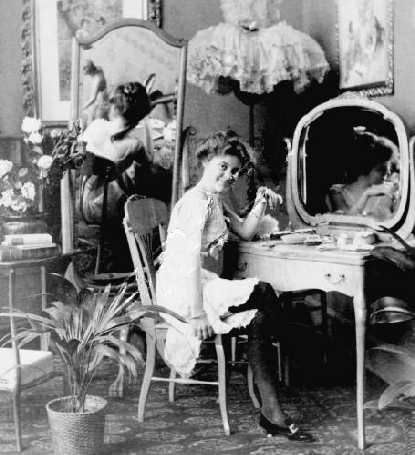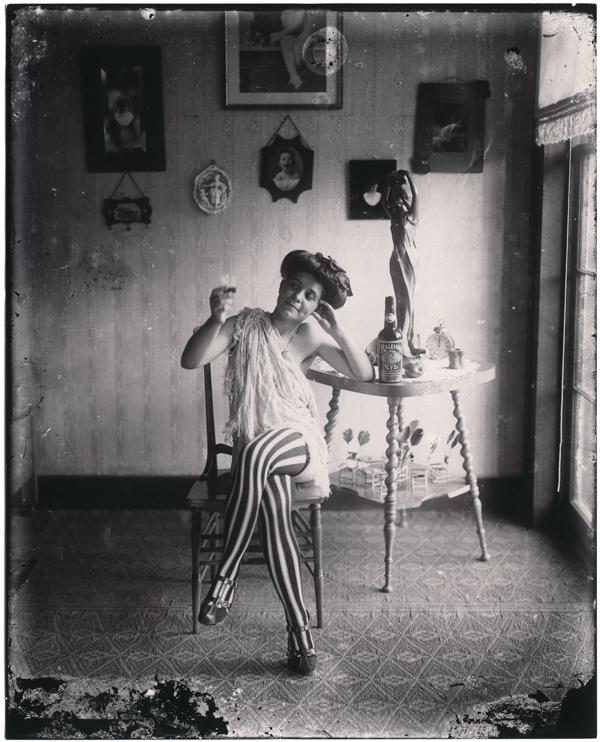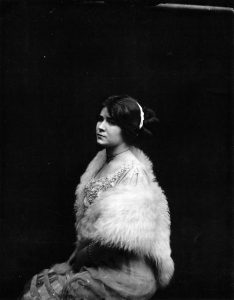The biggest difference between Binx Bolling and Edna Pontellier is that, in the end, Binx’s sudden sense of fulfillment comes from his acquiring a partner, whereas in Edna’s case, it is the ultimate imprisonment. However, it isn’t necessarily Binx’s love for Kate, and vice versa, that brings them together:
“Feeling tender toward her, I embrace her and tell her that I love her.
‘Oh no,’ says Kate and takes hold of me coarsely. ‘None of that, bucko.’
‘None of what?’
‘No love, please.’ (pg. 198)
In Edna’s case, she had no real experience of the world. She was married very young and from then on was devoted to being a good wife and mother; it was all she did and all she was, never going anywhere or doing anything particularly special. With Binx, it’s the opposite; he’s been to war, lost comrades, and as a result has become profoundly alienated. Thus far, most of his daily activities revolve around trying to escape his past:
“For years now I have had no friends. I spend my entire time working, making money, going to movies and seeking the company of women.” (pg. 41)
With Kate, he’s ready to settle down, to dedicate himself to a quiet, simple, ordinary life with someone who truly understands him and can help him to build a new life for himself without constantly being trapped in the past or losing himself in aimless pursuits; in the end, it doesn’t matter if love has anything to do with it or not. They are content with one another, and that’s all that matters in the end.
It’s possible that if Edna, too, were to have had the experiences and opportunities that Binx had in his life, she would have found marriage to be preferable as well, a reprieve from her fast-paced prior life. If she had met Robert before marrying Leonce, if she had had time to discover herself before becoming married with children, or if she had ended up marrying Robert, one of the few people she has a true connection with, she could have felt just as contented as Binx in the end.
It’s also worth noting that these stories are set decades apart. If Edna’s own story had taken place in Binx’s time, it’s more likely that she would have been able to find the happiness she wanted, since women at the time were becoming more independent and empowered to make decisions for themselves. If Binx’s story had taken place in the late 1890s, it’s likely that it still would have gone very much the same.
Binx is similar to Edna in one way: the one obligation that he seems to have (apart from his job and his family) is monitoring Kate whenever she begins to go off the rails, parallel to Edna’s obligations to her husband and children, making sure that they are always safe and stable. Unlike Edna, though, he doesn’t view it as a burden; if anything, tending to her helps to connect him even more to the present moment. By marrying Kate, by dedicating the rest of his life to her, he is able to find the authenticity, the purpose, that he’s been searching for all this time.
One other thing I hadn’t thought about before our class discussion is that Binx may also be marrying Kate more for her own benefit than his. For most of his life, since he was fifteen, he has been tasked with caring for her, making sure that she remains mostly stable, and much of their time together in this story, as they travel together over the course of several days, reflects that. Now, with this sudden suicide attempt, on some level, he fears he is failing, that he hasn’t been attentive enough, protective enough. Through marriage, he’ll be able to keep an even closer watch on her, and perhaps her becoming a wife and/or mother could help to stabilize her further, giving her a purpose of her own. It lends even more credence to the idea that there isn’t much (romantic) love between them; now more than ever, I view this as a marriage of convenience. Binx is able to ensure that he will always be able to look after Kate now, truly making it his own task, as well as being able to quit his “search” and settle into an ordinary life; Kate is able to assign herself a role that may or may not improve her situation, giving herself a partner who will always be there to encourage her through dark times and help her when she falls. She is thinking not of love, but of security; she mentions that Binx is the only person she doesn’t feel frightened around. Similar to Edna, marriage has its own meaning for her, but unlike Edna, she sees it as the best possible outcome for herself.
